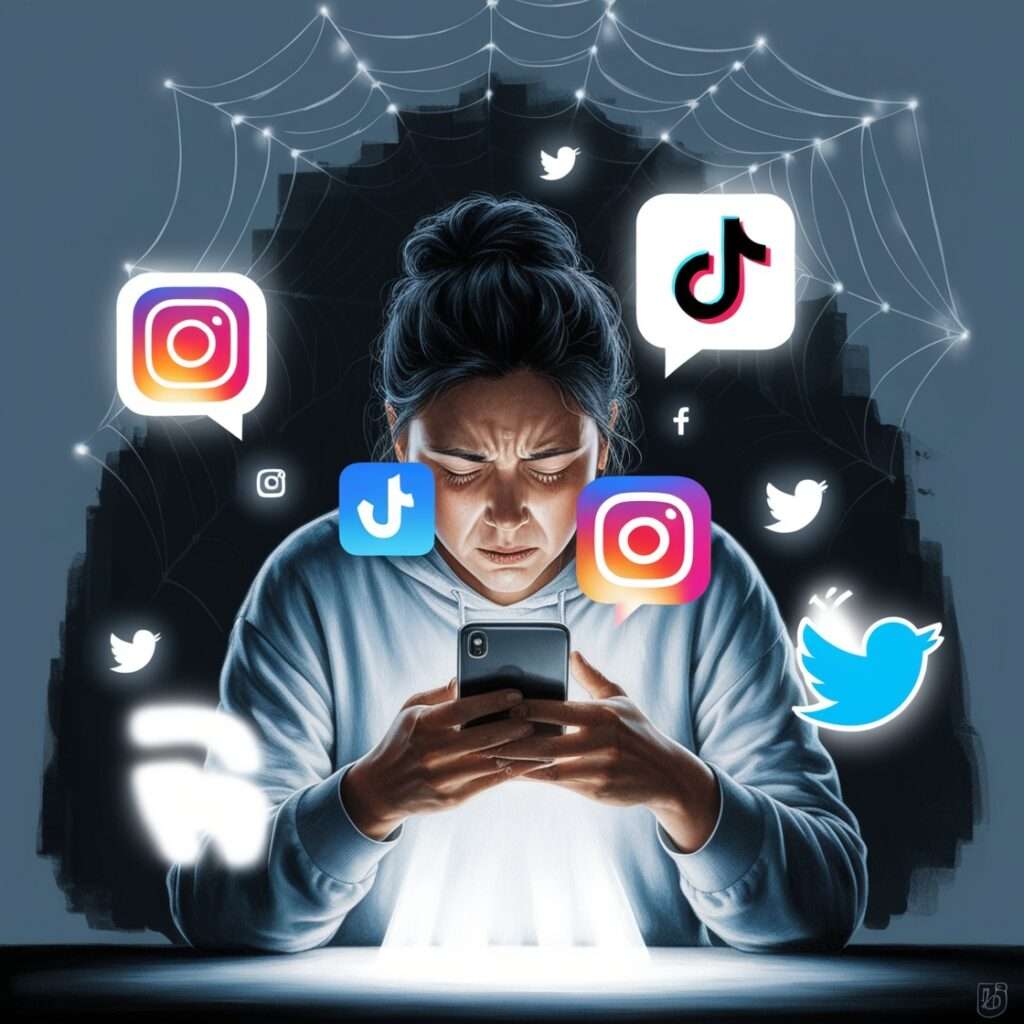
When you think of social media, platforms like Facebook, Instagram, and Twitter likely come to mind. But is YouTube social media? This question often sparks debate among content creators and digital marketers alike. In this blog, we’ll dive into why YouTube is social media, how it compares to other platforms, and what makes it unique in today’s digital landscape.
What Is Social Media?
Before answering the question, “is YouTube social media?” it’s essential to define what social media is. Social media platforms are digital spaces where users can create content, interact with others, and share ideas, photos, and videos. These platforms are designed for two-way interaction, allowing users to comment, like, share, and build communities. With this definition, it’s clear that YouTube is social media because it provides all these features, making it a hub for creators and audiences to engage.
How YouTube Functions Like Social Media
One of the primary reasons why YouTube is social media is its ability to connect people through videos. Much like how you post a photo on Instagram or tweet on Twitter, YouTube allows users to upload videos, create channels, and even broadcast live content. Viewers can comment on videos, like them, share them with others, and subscribe to their favorite creators. These interactions make it a platform that fosters community and communication, just like any other social network.
Moreover, is YouTube social media for businesses? Absolutely! Many brands use YouTube to build relationships with customers, promote products, and provide helpful tutorials. These videos often encourage audience interaction through comments and shares, further supporting the notion that YouTube is social media.
The Role of YouTube in Building Communities
Another reason why YouTube is social media is the platform’s ability to create and nurture communities. Think about the millions of YouTube channels dedicated to niche topics—whether it’s tech reviews, cooking tutorials, or even ASMR videos. These channels often have dedicated followings that interact regularly, making it clear that YouTube builds more than just viewers; it builds communities. You can see how fans engage with creators in the comments, discuss topics on forums, or even create their own content based on what they’ve seen.
Read more about Social Media Lawsuit
User Interaction and Engagement
When you ask, “is YouTube social media?” you should also consider the level of interaction between users. YouTube encourages creators and audiences to engage through features like live streams, comment sections, and community posts. Creators often ask their followers for feedback, ideas, and suggestions, which makes the platform highly interactive.
Is YouTube Social Media or a Search Engine?
A common misconception is that YouTube is merely a video-sharing platform or a search engine for videos. While it’s true that YouTube functions as the second-largest search engine in the world (after Google), this doesn’t negate the fact that YouTube is social media. Just like you would search for a trending topic on Twitter or Facebook, people use YouTube to find content that resonates with them, and they interact with that content. This combination of searchability and social features makes YouTube a hybrid platform, blending the best of both worlds.
Why It Matters: YouTube’s Influence as a Social Media Platform
Understanding why YouTube is social media is crucial in today’s digital age. Whether you’re a content creator, business, or casual user, knowing how YouTube functions as a social network helps you navigate it more effectively. For businesses, this means leveraging YouTube for brand promotion, customer interaction, and building loyal audiences. For individuals, it’s about finding communities and content that matter to them.
Final Thoughts
So, is YouTube social media? The answer is a resounding yes! It offers all the features that define social media platforms: content creation, community building, and interaction. Whether you’re watching tutorials, following your favorite vlogger, or engaging with content in the comments, you’re participating in a social experience. YouTube isn’t just a place to watch videos; it’s a platform where people connect, share, and engage, making it a powerful social media tool in today’s digital world.


